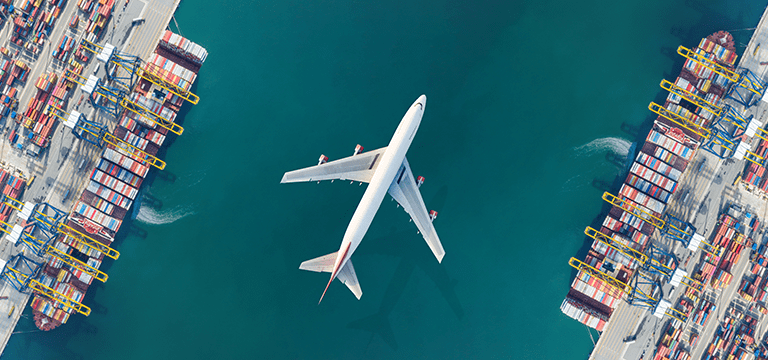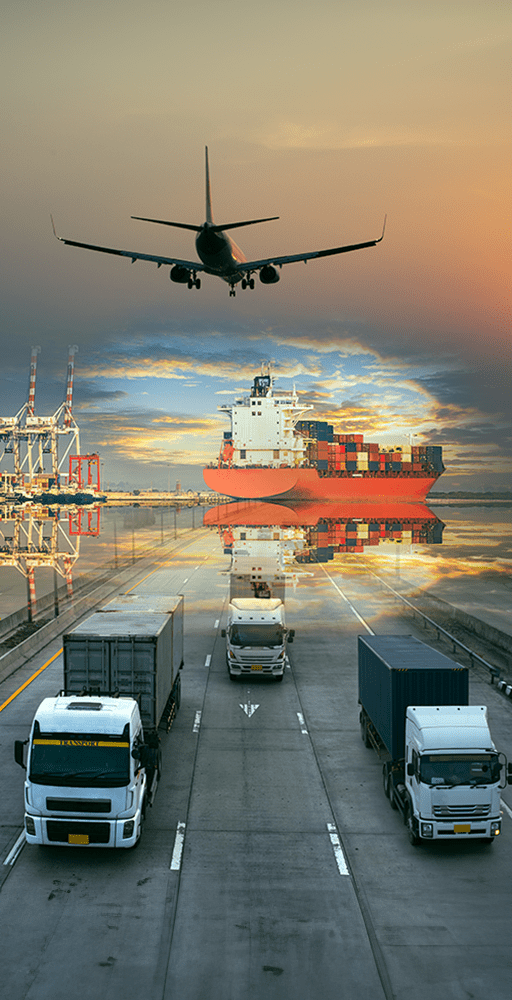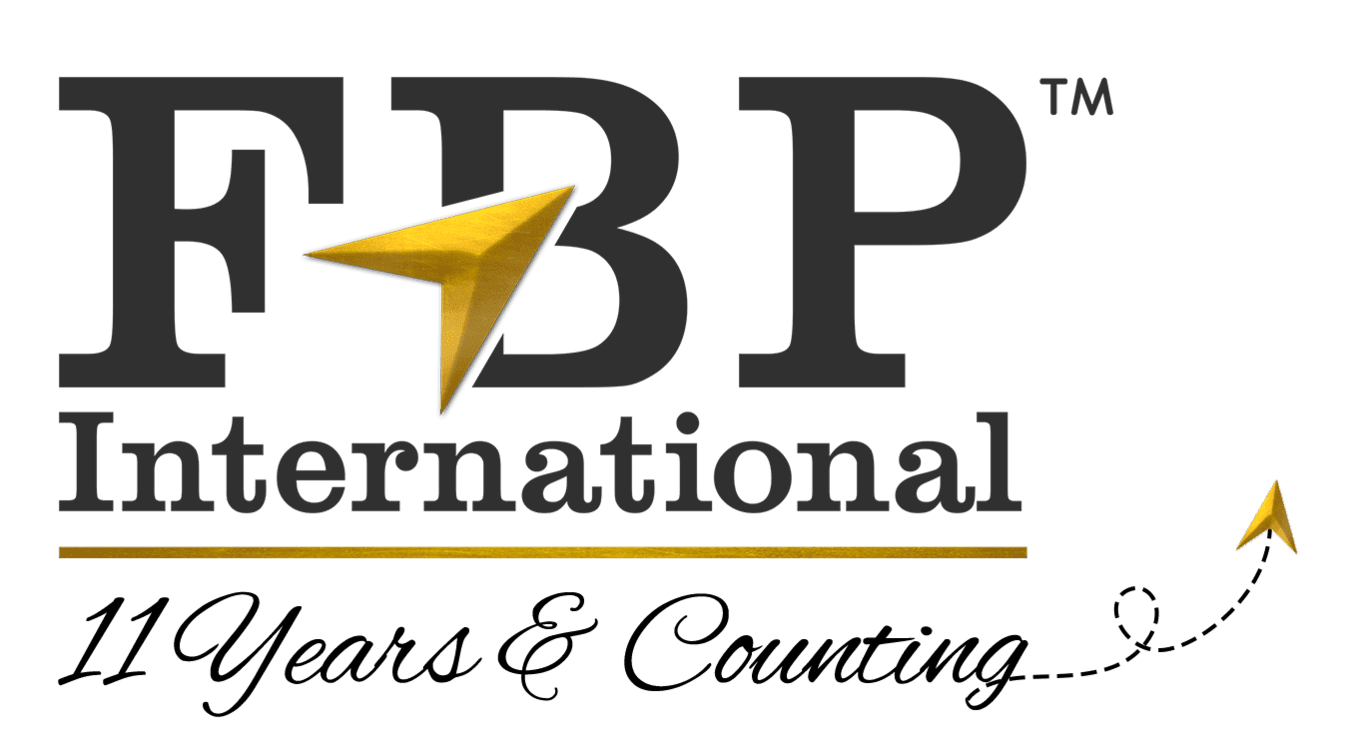

Business in Australia


Goods and Services Tax (GST)
Since 1 July 2000, the 10% broad-based goods and services tax (GST) has been levied on most commodities, services, and other items sold or consumed in Australia. GST does not apply to exported goods and services outside Australia.
An entity is required to register for GST if it is conducting business and its yearly GST registration turnover threshold is met or exceeded. If an entity operates globally and does not violate the threshold, it may voluntarily register for GST.
The majority of products, services, and intangibles supplied by a GST-registered firm are subject to 10% GST payment, except for supplies that are “input taxed,” “GST-free,” or “outside the scope” of the tax. Any applicable GST is the supplier’s legal responsibility. As part of the contract price, the supplier usually collects the GST from the recipient of the supply.
GST is additionally payable on the importation of products at 10% of the taxable importation value, subject to specific exclusions. If an importer of goods is not registered for the deferred GST scheme, the Department of Home Affairs will collect GST at the time of importation. A “reverse charge” provision may also apply to some importations of services.
Generally, registered businesses can receive an input tax credit for goods purchased with GST paid on them. Retrospective input tax credit requests are subject to a 4-year time limit. No input-taxed credits are available for purchases related to producing input-taxed products or anything imported or purchased for personal use.
Suppliers with a GST revenue of less than AUD 20 million must file quarterly GST reports unless they choose to file monthly.
Types of Supplies for GST Purposes
There will be certain “zero-rated” or “GST-free” supplies. When a supply is GST-free, the supplier is not required to pay GST on the supply; however, there is no limit on the amount of input tax credits that can be claimed for the GST that was paid on the expenses incurred in creating the GST-free supply.
The following goods might be GST-free: Goods exports, international air and sea travel, domestic air travel when included in an international trip, most childcare, education, health services, most meals, drainage, sewerage, and water.
Any sale of a freehold or other interest in land by a GST-registered entity is subject to GST under general rules.
Resident Agents Acting for Non-Residents
The responsibility for GST payment on taxable supplies made by a non-resident through a resident agent may fall on the resident agent rather than the non-resident. This rule applies to both the payment and claiming of import GST and GST on purchases.
Recent adjustments in the GST regulations mean that an increasing number of incoming supplies linked to Australia now require the Australian recipient to undergo a “reverse charge” obligation rather than relying on the Australian resident agent.
Supplies of Insurance
Generally, taxes are levied on insurers’ provision of insurance policies. The insurance premium is the basis for calculating the Goods and Services Tax (GST), with any stamp duty that may be applied to the premium being excluded. Life insurance is included in the input taxed category. GST is not applied to insurance transactions that involve private health insurance policies or that qualify as exports.
Imported Digital Products, Services and Goods
Australian GST applies to services and other intangibles that non-residents provide to Australian consumers, such as gaming, digital media, content streaming, etc. For GST reasons, offshore intangible supplies given to Australian private individuals are likewise taxed. Furthermore, if these supplies are made through an “Electronic Distribution Platform” (EDP), the EDP will pay GST rather than the non-resident provider.
To read about GST in-depth, click here.

